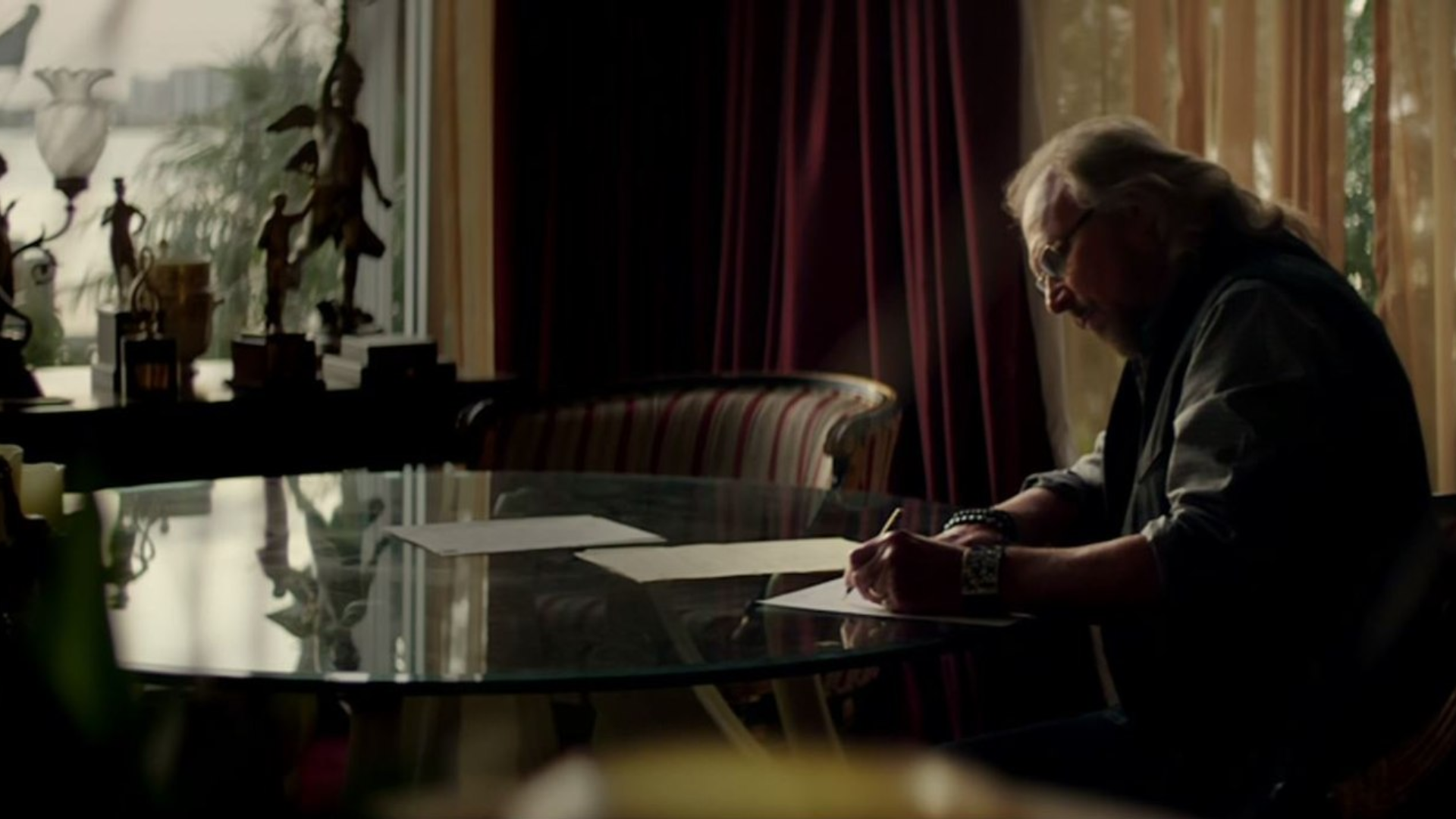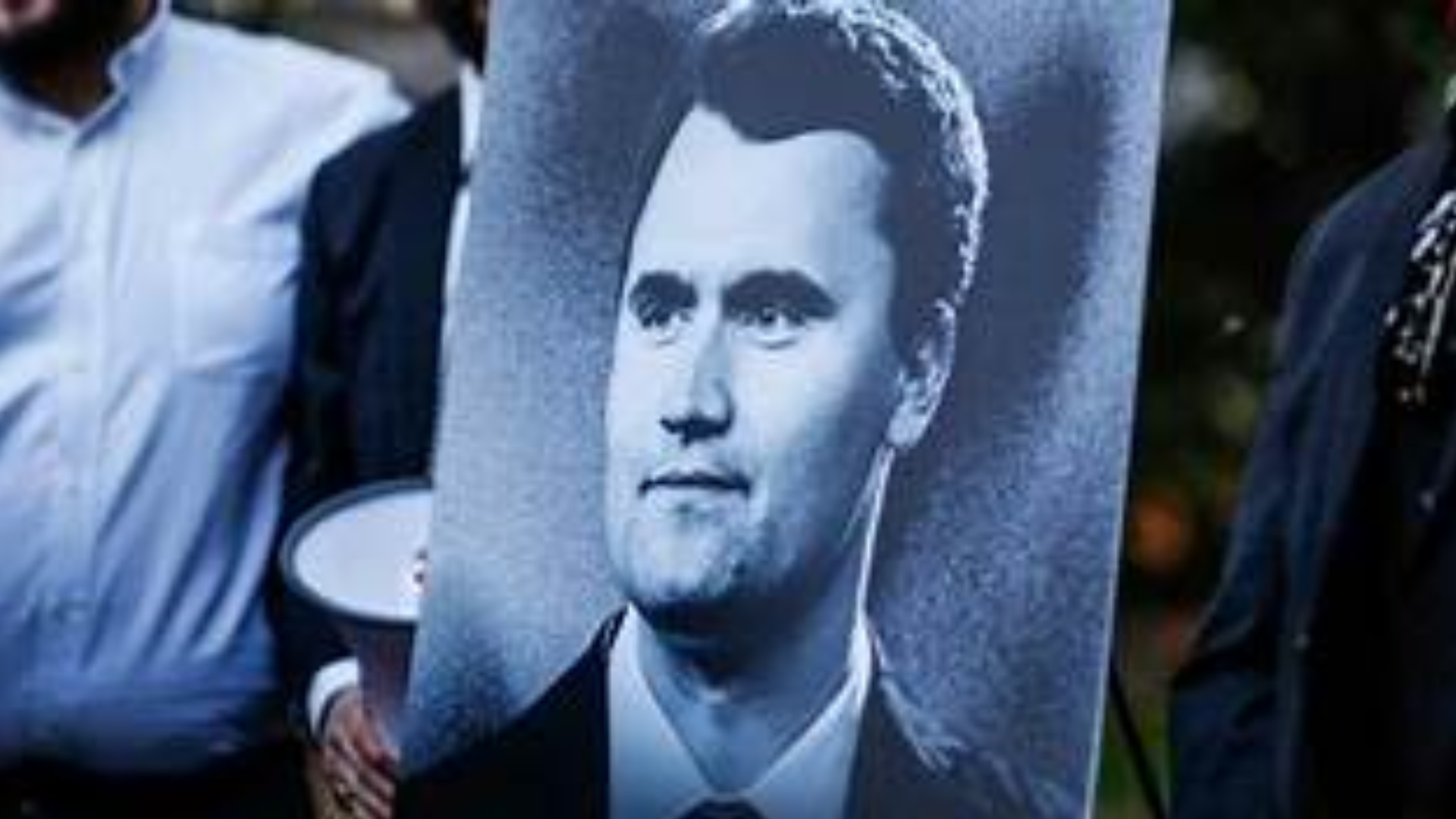
When Barry Gibb sings “Words of a Fool,” it feels like he’s opening a window into his soul. Originally written in the mid-1980s and later reimagined for his 2021 album Greenfields: The Gibb Brothers’ Songbook, Vol. 1, the song captures everything that defines Barry as an artist — vulnerability, wisdom, and the unshakable belief that love, even when lost, still matters.

From the first lines — “Words of a fool, you made them all sound true…” — there’s a quiet ache that lingers in Barry’s voice. It’s the kind of honesty that only comes from someone who’s lived through great love and great loss. His delivery is soft but steady, carrying the weariness of experience and the grace of understanding. Unlike his shimmering falsetto from the Bee Gees’ golden years, here Barry sings in a lower, natural register, rich and textured — the voice of a man who no longer needs to reach high to be heard.
The song unfolds like a confession. It’s about the kind of heartbreak that doesn’t fade — the realization that love can sometimes leave behind more questions than answers. Yet there’s no bitterness in it. Instead, Barry offers forgiveness and acceptance, as if to say that even in disappointment, love remains something sacred. “Words of a fool, I believed every lie you told me,” he sings — but the tone isn’t angry. It’s reflective, tinged with melancholy and gratitude for having felt something real at all.
Musically, “Words of a Fool” is elegant and understated. The arrangement moves gently, with piano, guitar, and strings creating a soft landscape for Barry’s voice to travel across. In his 2021 duet version with Jason Isbell, the song takes on an even deeper resonance — two generations of artists finding common ground in heartbreak and humanity. Their voices, one seasoned and the other raw, intertwine like two souls carrying the same story through time.
What makes the song so powerful is its restraint. Barry doesn’t dramatize the pain — he simply lays it bare. The beauty lies in his quiet vulnerability, the way he turns sorrow into understanding. For a man who has written some of the most romantic songs in history, “Words of a Fool” stands apart as one of his most personal. It’s less about passion and more about truth — the kind that comes after the storm, when the heart learns to breathe again.
By the time the final chords fade, you can feel what Barry has always known: that love, even when it breaks us, is still worth every word. His voice, seasoned by time but still luminous, carries the song like a prayer — one that speaks to everyone who has ever trusted too deeply, lost too much, and found peace in remembering.
In the end, “Words of a Fool” is not just a song about heartbreak — it’s about resilience, grace, and the quiet wisdom that comes from living. It’s Barry Gibb at his most human, his most honest, and perhaps his most timeless.
And when he sings that final line, you can hear it clearly — not the words of a fool, but of a man who has loved deeply, survived beautifully, and still believes in the power of song to heal what life cannot.